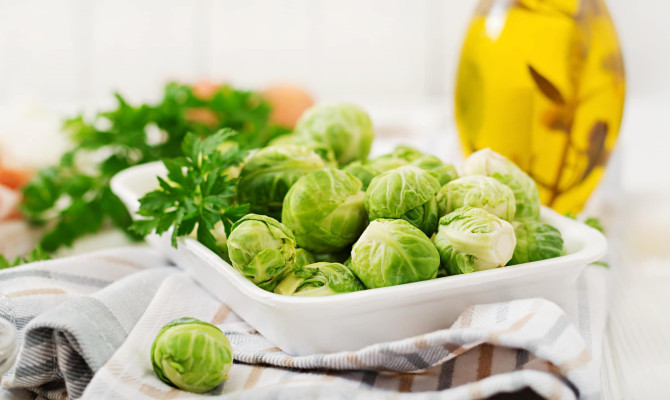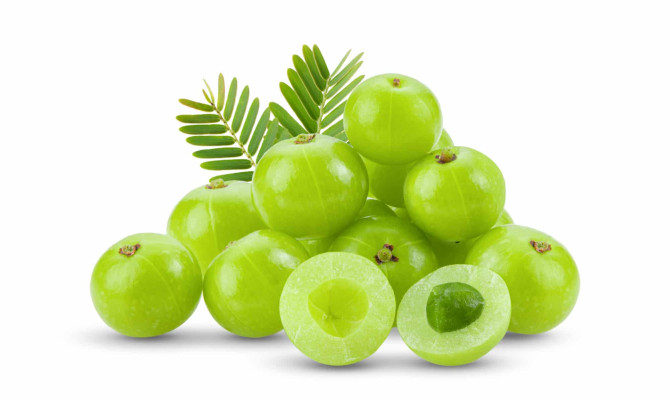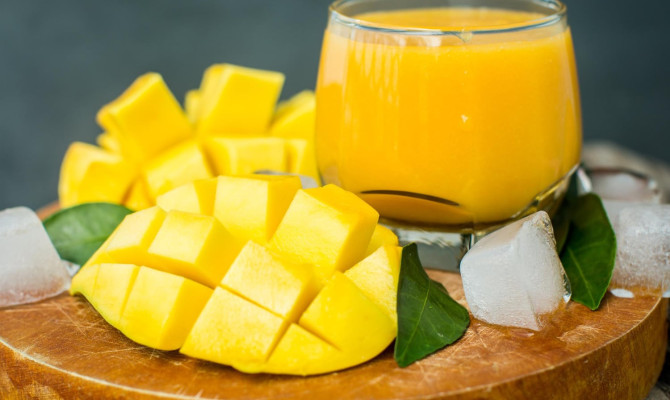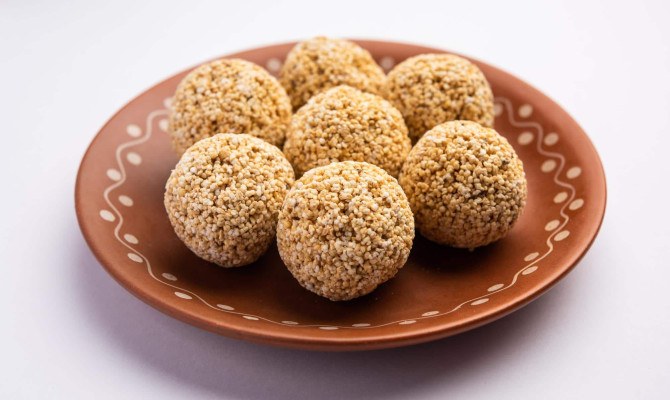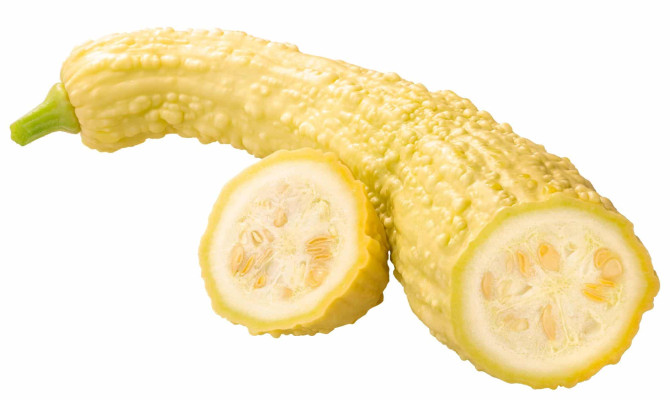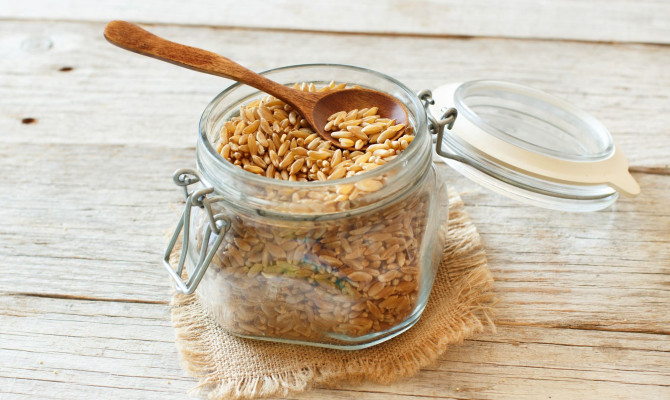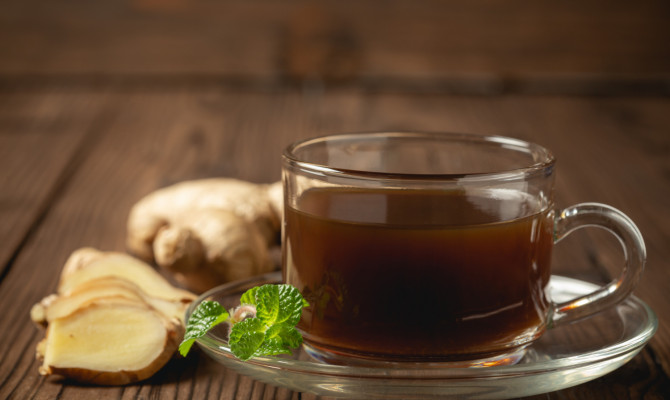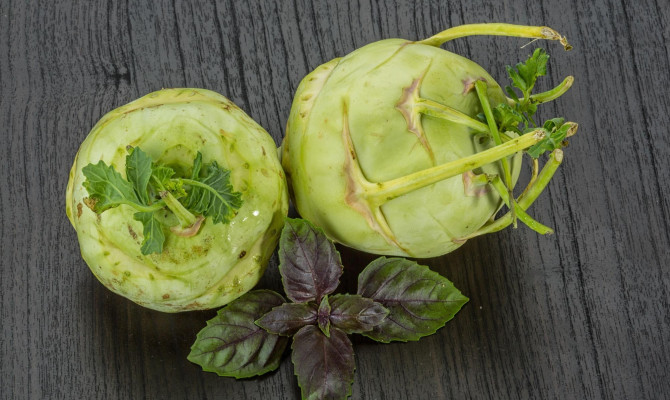Benefits of Butternut Squash

- Butternut Squash
- 17 Aug 2023
Overview
What is Butternut squash?
Butternut squash, also known by its scientific name Cucurbita moschata, is a member of the Cucurbitaceae family and is thought to have originated in what is currently Mexico and Central America. Winter squash, specifically butternut squash, is a favorite food that has become increasingly common in kitchens worldwide. Butternut squash has a high nutritional profile, smooth, orange flesh, and is full of flavor and many health advantages. The butternut’s smooth, buttery texture and nutty flavor are what give it its name.
This article will discuss butternut squash’s excellent nutritional value, culinary applications, cooking techniques, health advantages, and a few creative recipes highlighting its adaptability.
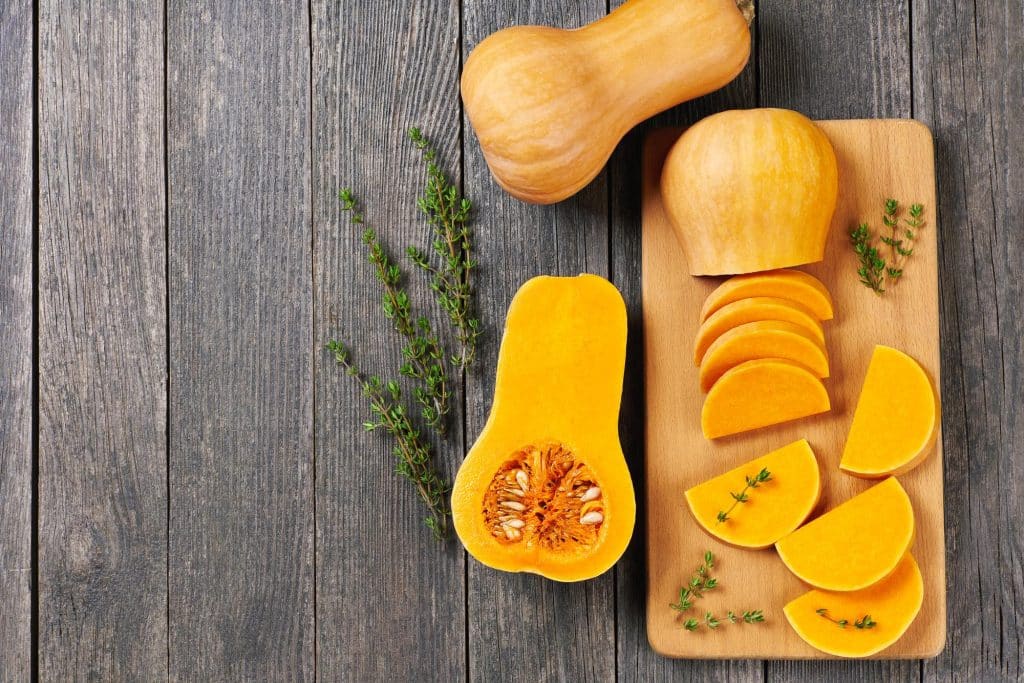
Nutrition
Nutrition in Butternut squash
Approximately 205 grams of cooked butternut squash, or one cup, contains:
- Water – 180 g
- Calories – 82 kcal
- Carbohydrates – 14.94 g
- Fiber – 6.56 g
- Protein – 1.84 g
- Fat – 0.18 g1Nutrition| Researched based study from Usda.gov
Minerals
- Potassium – 582 mg
- Calcium – 84 mg
- Magnesium – 59.4 mg
- Phosphorus – 55.4 mg
- Sodium – 8.2 mg
- Iron – 1.23 mg
- Manganese – 0.35 mg
- Zinc – 0.266 mg
- Copper – 0.133 mg
- Selenium – 1.02 µg1Nutrition| Researched based study from Usda.gov
Vitamins
- Vitamin C – 31 mg
- Vitamin E – 2.64 mg
- Niacin – 1.99 mg
- Pantothenic acid – 0.736 mg
- Vitamin B6 – 0.254 mg
- Thiamin – 0.148 mg
- Riboflavin – 0.035 mg
- Vitamin A – 23000 IU
- Beta Carotene – 9370 µg
- Beta Cryptoxanthin – 6400 µg
- Alpha Carotene – 2320 µg
- Folate – 39 µg
- Vitamin K – 2.05 µg1Nutrition| Researched based study from Usda.gov
Health benefits
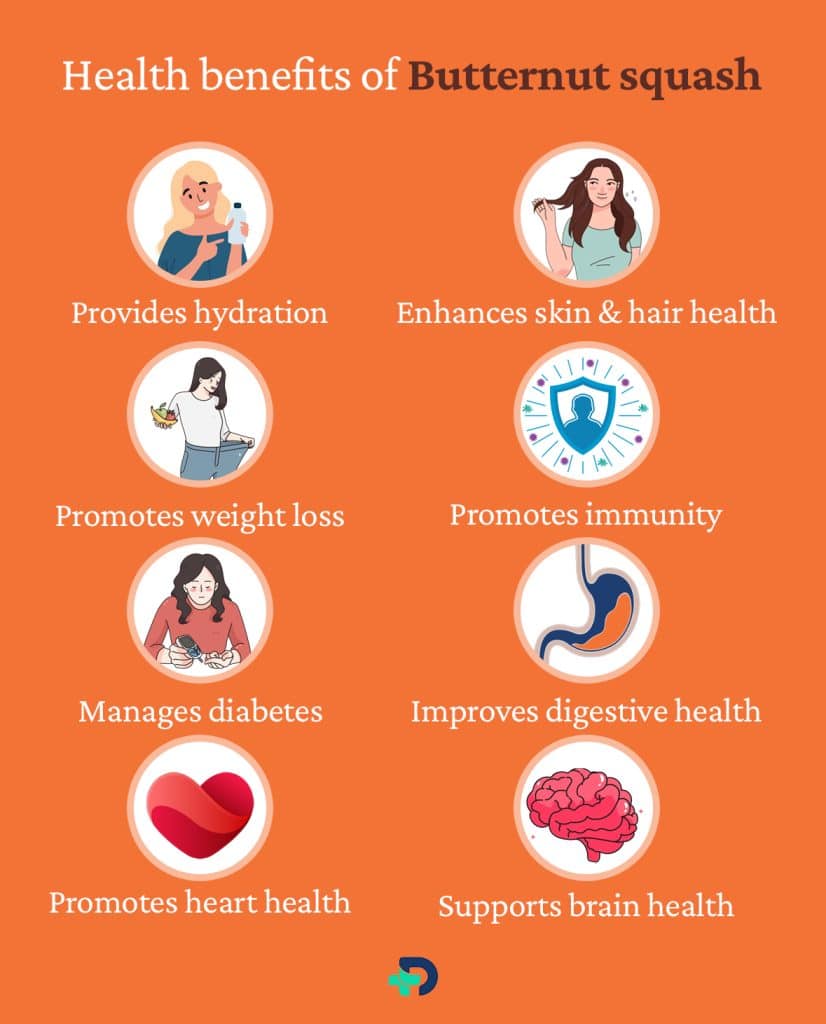
Health benefits of Butternut squash
In addition to being delicious, butternut squash is also rich in nutrients that have several health benefits, including:
- Provides hydration
- Promotes weight loss
- Manages diabetes
- Promotes heart health
- Enhances skin and hair health
- Promotes immunity
- Improves digestive health
- Lowers the risk of cancer
Provides hydration
- Butternut squash has 180 grams of water in one cup of cooked form, which can help people with hydration.1Health Benefits| Researched based study from Usda.gov
Promotes weight loss
- Butternut squash can be a valuable addition to a diet for weight loss due to its high fiber content and low-calorie count.
- Its soluble fiber helps individuals feel fuller for longer, and its low-calorie count enables them to have a fulfilling meal without consuming too many calories2Health benefits| Researched based study from Nlm.nih.gov
Manages diabetes
- This winter squash contains a lot of dietary fiber, which improves digestion, controls blood sugar levels, and makes people feel fuller for longer.3Health benefits| Researched based study from Cdc.gov
Promotes heart health
- Potassium, an essential mineral crucial for maintaining healthy heart and muscle function, controlling blood pressure, and promoting overall electrolyte balance, is abundant in butternut squash4Health benefits| Researched based study from Heart.org
- It also contains a lot of fiber, which lowers the levels of cholesterol and triglycerides and lowers the risk of heart disease.
Enhances skin and hair health
- The vitamins A and C are abundant in butternut squash.
- The immune system functioning, the maintenance of healthy vision, and the health of the skin and hair all depend on vitamin A5Health benefits| Researched based study from Nlm.nih.gov
- Vitamin C functions as an antioxidant, guards against cellular deterioration, and encourages collagen production for healthy skin6Health benefits| Researched based study from Nlm.nih.gov
Promotes immunity
- Beta-carotene and vitamin C, two antioxidants found in butternut squash, support the body’s defense mechanisms by scavenging dangerous free radicals.7Health benefits| Researched based study from Nlm.nih.gov ,8Health benefits| Researched based study from Nlm.nih.gov
- These antioxidants are essential for lowering inflammation, avoiding chronic illnesses, and promoting a strong immune system.
Improves digestive health
- A diet high in fiber is linked to better gastrointestinal health and can prevent constipation.
Lowers the risk of cancer
- Due to its high dietary fiber content and carotenoids, butternut squash also lowers the risk of colon cancer9Health benefits| Researched based study from Wiley.com
Supports brain health
- The rich nutrient content and antioxidant qualities of butternut squash may lower a person’s risk of cognitive deterioration10Health benefits| Researched based study from Nlm.nih.gov
Uses
Culinary uses of Butternut squash
- Butternut squash may be used in various meals and is highly flexible in the kitchen.
- Because of its nutty and sweet flavor, it goes well with both salty and sweet components, making it appropriate for various culinary uses.
- Butternut squash is a crucial component in hearty soups and stews.
How to cook butternut squash?
- Roasting butternut squash is one of the most well-liked methods of preparing it.
- Roasting the squash brings out its inherent sweetness and improves its flavor.
- Split the squash in half lengthwise, remove the seeds, spray the squash with olive oil, sprinkle salt and pepper on top, then roast the squash in the oven until it is fork-tender and caramelized.
Recipes
The following few butternut squash recipes may highlight the vegetable’s adaptability:
- Butternut squash soup – In a pot, sauté the onions and garlic. Add the cubed squash, vegetable stock, and preferred seasonings. Cook until the squash is tender. A velvety and filling soup is ready once the contents have been blended to a smooth consistency.
- Butternut squash as a nutritious pasta substitute – A lighter, gluten-free alternative uses spiralized squash made into noodles and is sautéed in garlic and olive oil. For a flavorful and filling dish, drizzle some sauce on top or combine it with roasted veggies.
- Mashed butternut squash – once cleaned, deseeded, and cubed, butternut squash should be tossed in olive oil before being roasted for 35 to 45 minutes at 400 degrees F. Roasted squash is pureed with salt and butter.
- Butternut squash casserole – Sauté minced garlic and sliced onion. Cook the butternut squash in cubes until it is soft. Place in a casserole dish, top with breadcrumbs, and bake for 25 minutes at 375° F. Remove the foil, bake for 10 to 15 minutes, or until the top is golden, and then let cool before serving.
Side effects
Side effects of Butternut squash
Although eating butternut squash is usually safe, some people may experience specific adverse effects, which are often mild and infrequent. These side effects include:
- Bloating
- Gas
- Diarrhea
- Allergic reactions – itching, hives, swelling, etc.
Precautions
Precautions
- Butternut squash should be avoided by those with kidney illness as their kidneys may not be able to eliminate enough potassium from the blood, which could be fatal.
- To reduce their risk of hyperkalemia, a condition when the blood has too much potassium, people on beta-blockers and ACE inhibitors shouldn’t eat many high-potassium meals like butternut squash.11Precautions| Researched based study from Nlm.nih.gov ,12Precautions| Researched based study from Nlm.nih.gov
Bottom line
The Bottom Line
A versatile and nutrient-rich meal, butternut squash gives a variety of dishes a delicious flavor and brilliant color. A person can guarantee they achieve their daily nutrient needs while consuming delicious and filling food by including butternut squash in their diet. Regularly consuming butternut squash a few times each week could significantly increase the amount of potassium in the diet, naturally supporting more stable blood pressure. Instead of relying on a single food as the secret to excellent health, consuming a variety of nutrient-rich foods, especially fruits, and vegetables, is more crucial.
Any feedback on this article?
 This Articles content was accurate
This Articles content was accurate Very Informative Article
Very Informative Article I have a question or a comment
I have a question or a comment
 This article contains inaccurate content
This article contains inaccurate content This article was not helpful
This article was not helpful I have a question or a comment
I have a question or a comment
We appreciate your helpful feedback!
Checkout our social pages
References
-
U.S. DEPARTMENT OF AGRICULTURE
Squash, winter, butternut, cooked, baked, without salt | Nutrition
-
National Library of Medicine
Soluble Dietary Fiber Significance against Obesity in a Western China Population | Health Benefits
-
Centers for Disease Control and Prevention
Fiber: The Carb That Helps You Manage Diabetes | Health Benefits
-
American Heart Association
How Potassium Can Help Control High Blood Pressure | Health benefits
-
National Library of Medicine
Vitamin A in Skin and Hair: An Update | Health benefits
-
National Library of Medicine
The Roles of Vitamin C in Skin Health | Health Benefits
-
National Library of Medicine
Vitamin C in Disease Prevention and Cure: An Overview | Health benefits
-
National Library of Medicine
Role of Vitamin A in the Immune System | Health benefits
-
Wiley Online Library
Dietary carotenoids and risk of colon cancer: Case-control study | Health benefits
-
National Library of Medicine
Dietary antioxidant intake and its association with cognitive function in an ethnically diverse sample of US adults | Health benefits
-
National Library of Medicine
The effect of adrenergic blockade on potassium concentrations in different conditions | Precautions
-
National Library of Medicine
ACE Inhibitors | Precautions












